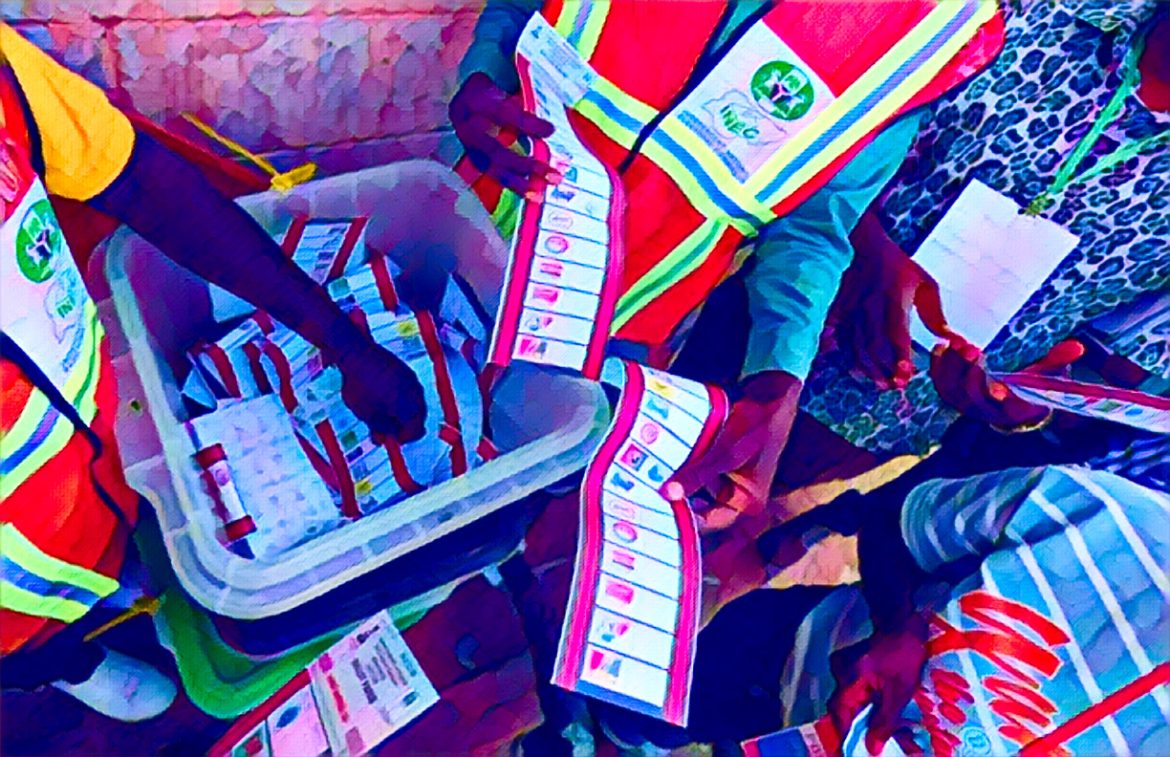KEY POINTS
- EMBs like INEC must strengthen their operational independence and improve transparency to foster public trust in Nigeria’s electoral system.
- Technologies like BVAS and IReV enhance voting transparency, though robust oversight and public education are essential to their success.
- Addressing challenges like security threats, political interference, and logistical issues can significantly improve Nigeria’s electoral credibility and inclusivity.
Ensuring transparency in Nigerian electoral processes is fundamental to fostering trust, maintaining credibility, and strengthening democracy.
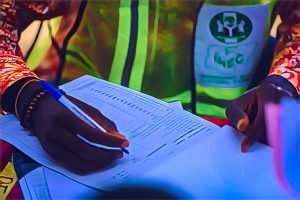
Recent Poll in Edo state
Over the years, Nigeria has made significant strides in addressing electoral fraud and promoting accountability, yet challenges remain.
Let’s delve into key areas of focus and opportunities for improvement that can redefine the nation’s approach to electoral integrity.
Electoral management bodies (EMBs)
Electoral Management Bodies (EMBs) play a pivotal role in safeguarding electoral transparency.
Nigeria’s Independent National Electoral Commission (INEC) stands as the primary body responsible for organizing free, fair, and credible elections. INEC ensures voter registration, accreditation, and the seamless coordination of polling units across the country.
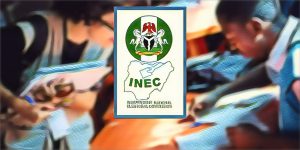
Nigeria’s Independent National Electoral Commission (INEC)
But its efforts hinge on its ability to function independently, free from political interference, and with adequate resources to handle the complexities of Nigeria’s vast electorate.
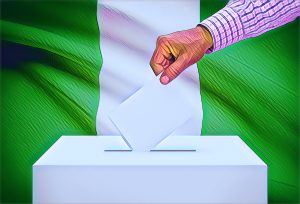
Election in Nigeria
By enhancing operational efficiency, fostering stakeholder collaboration, and leveraging innovations such as real-time result transmission systems, EMBs can instill greater public confidence in electoral processes.
Challenges facing EMBs
Despite progress, EMBs in Nigeria face significant obstacles. Logistical challenges, such as delayed delivery of election materials, threaten the timeliness and credibility of elections.
Political interference undermines institutional autonomy, while security threats, particularly in conflict-prone regions, hinder voter turnout and intimidate election officials. Public mistrust is another major challenge, often fueled by allegations of vote rigging or manipulation.
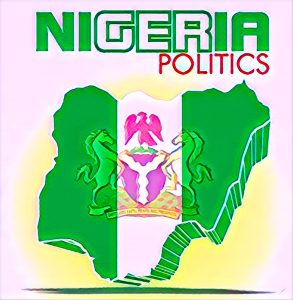
Public mistrust is another major challenge, often fueled by allegations of vote rigging or manipulation.
Addressing these issues requires a multifaceted approach, including enhanced security measures, stakeholder engagement, and transparent communication to rebuild trust in the system.
Technological solutions
The integration of technology into Nigeria’s electoral framework holds great promise for improving transparency. Systems like the Bimodal Voter Accreditation System (BVAS) and the INEC Results Viewing Portal (IReV) have already demonstrated their potential to reduce malpractice by enabling biometric accreditation and real-time results access.
Electronic voting and counting technologies can further streamline the process, ensuring greater accuracy and efficiency.
However, for these solutions to be effective, they must be accompanied by robust cybersecurity measures, open-source transparency to prevent tampering, and comprehensive voter education campaigns to build public trust in the system.
Lack of transparency in previous elections
Transparency has often been a contentious issue in Nigerian elections. For instance, during the 2023 general election, the European Union Election Observation Mission highlighted operational failures, delayed transmission of results, and a lack of transparency, which undermined public confidence.
These setbacks underscore the importance of holding EMBs accountable and ensuring that reforms are not merely implemented but also adhered to in practice. Addressing these shortcomings is essential to restoring faith in the democratic process.
Opportunities for improvement
Nigeria has ample opportunities to enhance electoral transparency.
First, the adoption of open-source code for electronic voting systems can improve accountability by allowing independent audits.
Second, strengthening independent oversight of technologies used in elections can ensure their credibility.
Third, public education campaigns focusing on voter rights, election procedures, and anti-fraud measures can empower citizens to actively participate in safeguarding electoral integrity. Civil society organizations (CSOs) also have a critical role in monitoring elections and advocating for transparency, making their collaboration with EMBs essential.
In practice, Nigeria has made notable advancements. The introduction of BVAS and IReV during the 2023 elections aimed to enhance voter accreditation and result visibility.
While their implementation faced challenges, they represented a significant step toward modernizing Nigeria’s electoral system.
Similarly, CSOs have been instrumental in promoting accountability through initiatives like parallel vote tabulation and advocacy for electoral reforms. These examples highlight the importance of leveraging technology and grassroots efforts to drive transparency.
A year after the 2023 general elections, there has been a notable absence of financial disclosures from major political parties and the Independent National Electoral Commission (INEC) regarding their election expenses.
Despite the requirement for transparency, key political entities such as the All Progressives Congress (APC), the Peoples Democratic Party (PDP), and 14 other parties have failed to provide detailed financial reports of their campaign spending.
Transparency in Nigerian electoral processes is both a challenge and an opportunity. While significant progress has been made through the integration of technology and civil society engagement, much work remains to address systemic issues.
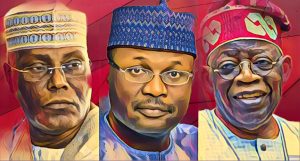
A year after the 2023 general election, there has been a notable absence of financial disclosures from major political parties and the Independent National Electoral Commission (INEC) regarding their election expenses. Despite the requirement for transparency, key political entities such as the All Progressives Congress (APC), the Peoples Democratic Party (PDP), and 14 other parties have failed to provide detailed financial reports of their campaign spending.
Strengthening the independence and capacity of EMBs, enhancing voter education, and adopting transparent technological practices are essential to ensuring credible elections.
By embracing these opportunities, Nigeria can pave the way for a democratic future that inspires confidence among its citizens and serves as a model for the region.

